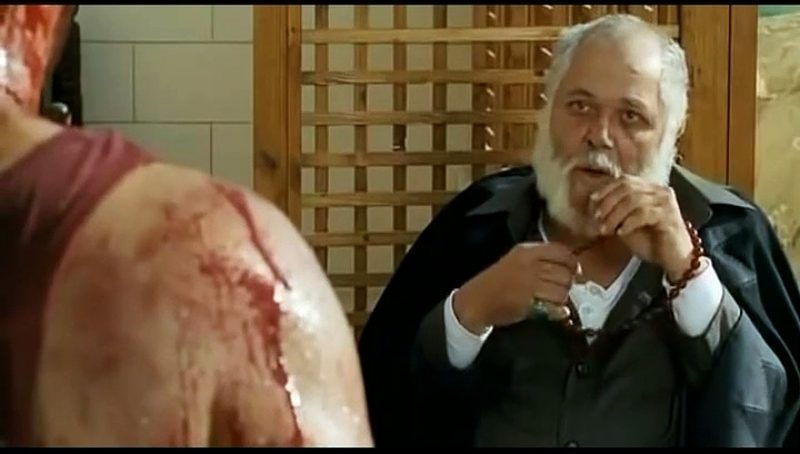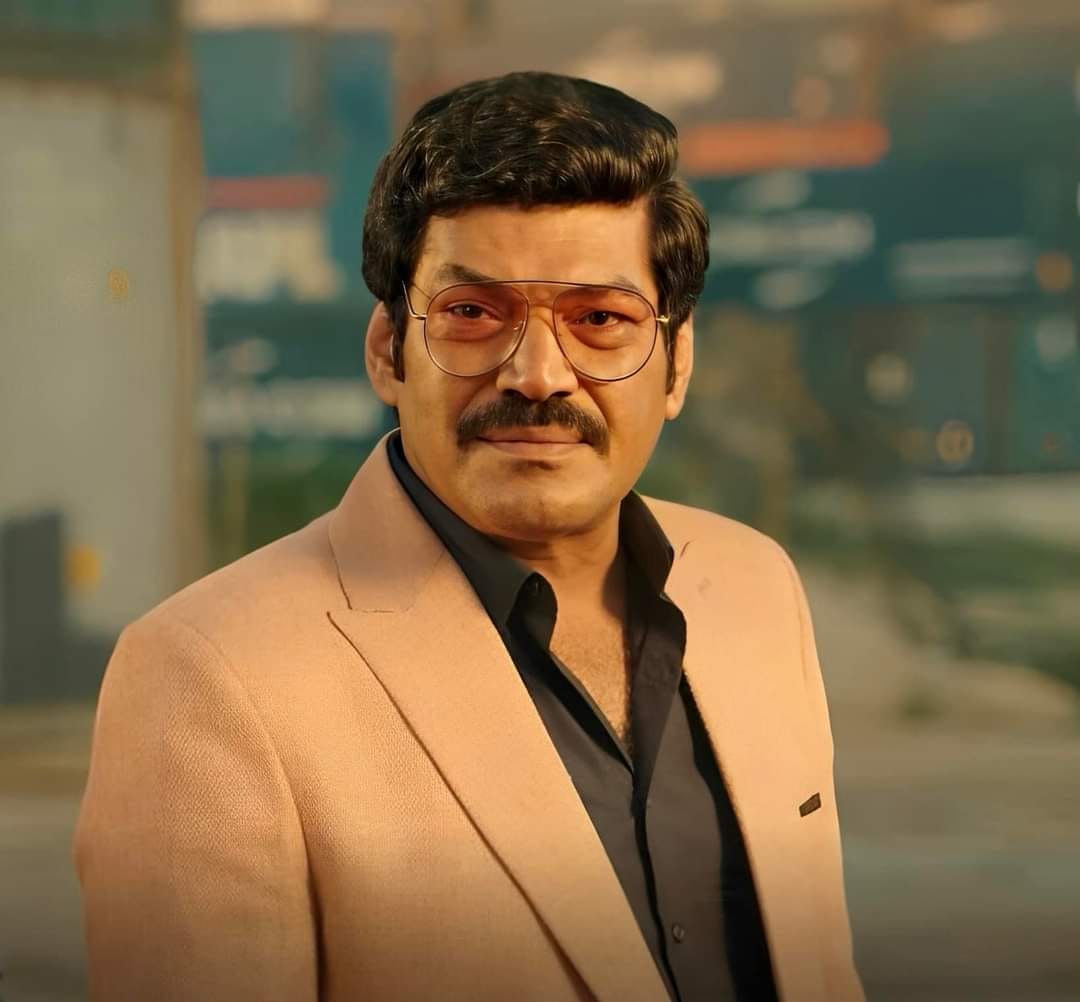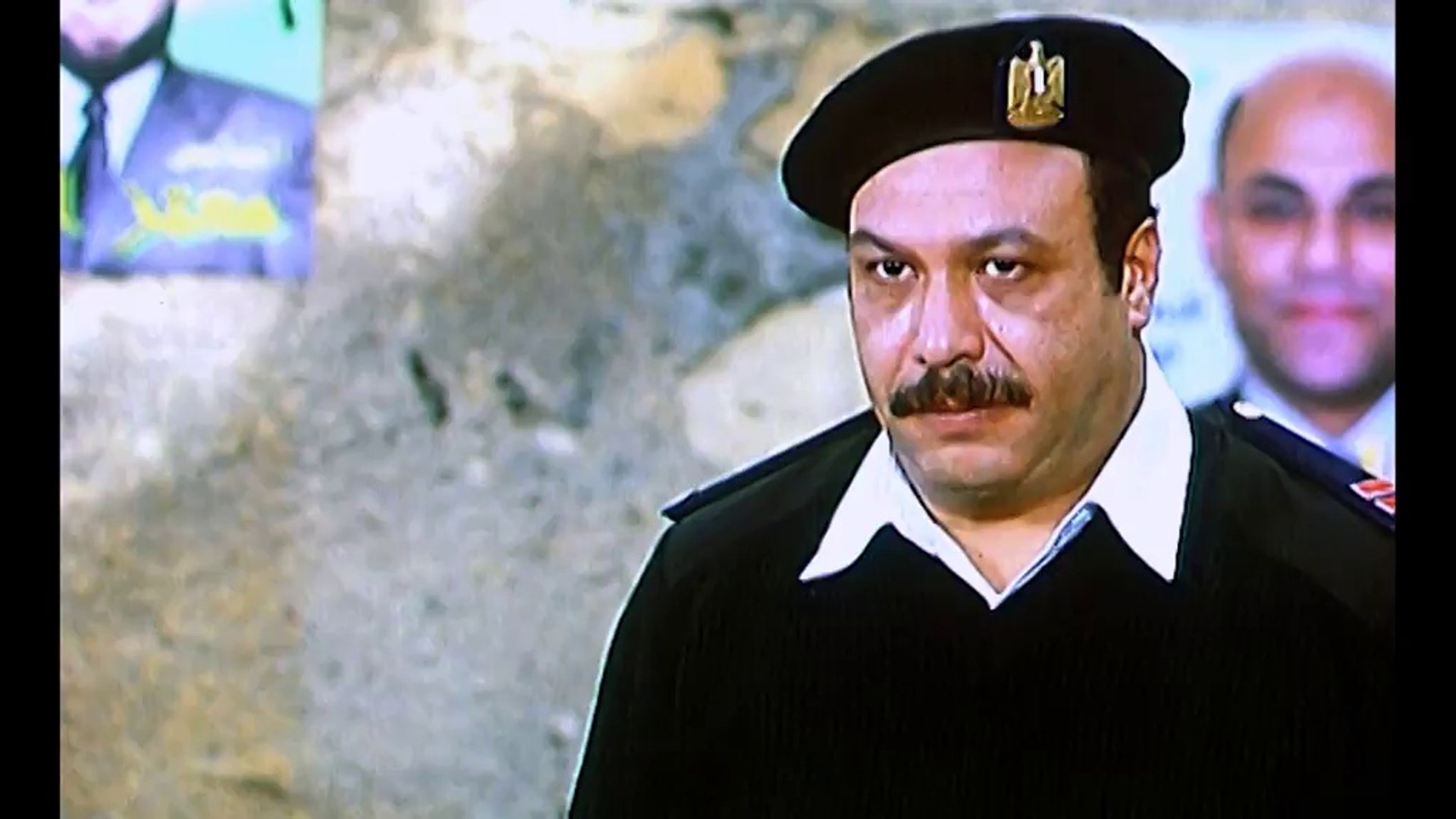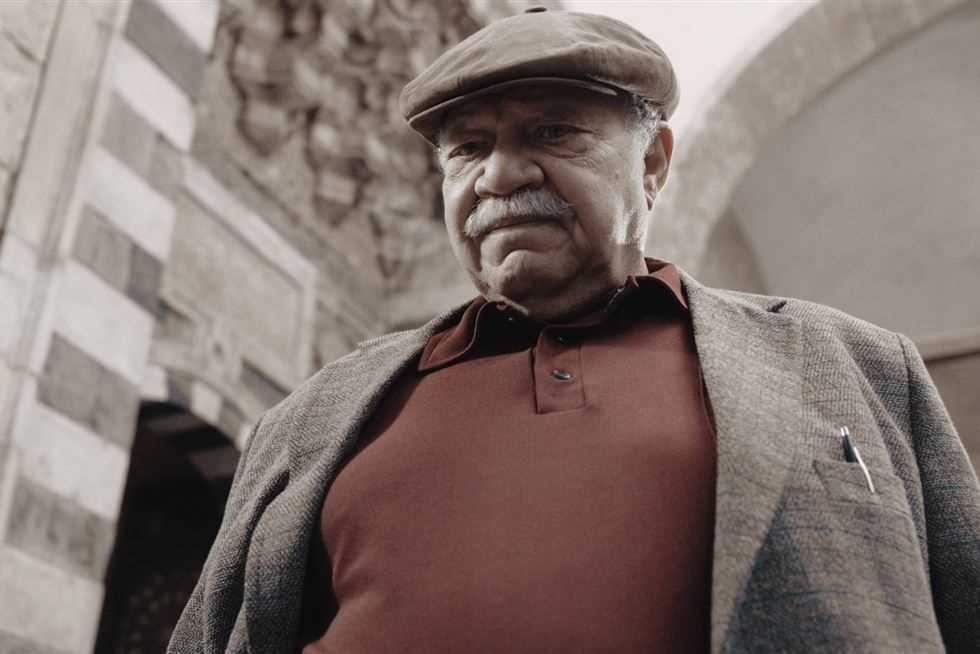In Egyptian cinema and television, the presence of a compelling villain often elevates the story. These antagonists are not merely characters but embodiments of pure malevolence, corruption, and, sometimes, complex emotions that make them unforgettable. Over the past few years, several villains have stood out for their performances, haunting viewers long after the credits roll. Here, we take a closer look at some of the most iconic villains, exploring what makes them so memorable:
Seif El Hadidy
![]()
Maged El Masry's portrayal of Seif El Hadidy in Mohamed Samy's Adam remains one of the most chilling performances in Egyptian television history. Playing a corrupt colonel, El Masry's character was so shamelessly evil that it left a lasting impact on viewers. The trauma induced by his torture scenes was so profound that fans held grudges against Maged for nearly a decade.
Refaat El Sokkary
![]()
In Tito, the late Khaled Saleh masterfully played Refaat El Sokkary, showcasing the corrupting influence of money and power. Starring alongside Ahmed El Sakka, Saleh's character taught viewers about the lengths to which someone would go to maintain their authority. With his performance, Saleh embodied the essence of corruption and the dark side of wealth and influence.
Abdel Malek Zarzour

Mahmoud Abdelaziz's portrayal of Abdel Malek Zarzour in Ibrahim El Abyad is often compared to the iconic Godfather. His character exuded terror, with eyes that could convey immense hatred and profound regret. Many consider this role to be Abdelaziz's finest work, especially as he navigated the complexities of a villain whose love interest ultimately rejects him, adding layers of tragedy to his evil persona.
Tawfiq El Masry
![]()
Bassel El Khayat's role as Tawfiq El Masry in 30 Youm sets new standards for villainy. Known for his sinister roles, Bassel outdid himself by psychologically torturing Asser Yassin's character for 30 days. His infamous line, "ya doctor," became synonymous with anxiety and dread for viewers, showcasing his prowess in creating a mentally manipulative antagonist.
Eissa El Wazzan

Bassem Samra's performance in El 3atawla as Eissa El Wazzan struck a unique balance between being charismatically funny and terrifyingly evil. His ability to commit absurdly wicked acts without completely losing the audience's sympathy due to his charisma made him a standout villain. Samra's portrayal highlighted the complexity of a character who is both likeable and detestable.
Hatem Basha

In Youssef Chahine's Heya Fawda, the late Khaled Saleh once again delivered a powerful performance as Hatem. His character's narcissism and abuse of power as a cop, especially his refusal to take no for an answer to the point of sexual assault, were deeply disturbing. Saleh's ability to embody such a repulsive yet compelling villain speaks to his exceptional acting skills.
Wanous

Yehia El Fakharany's role in Wanous as the devil incarnate was a masterclass in manipulation and malevolence. His character's influence on a family, bringing out their worst traits and leading them to terrifying actions, was captivating and horrifying.
Fathy El Brens
![]()
Ahmed Zaher's performance in El Brens as Fathy El Brens showcased the depths of human jealousy and rage. His character's intense hatred and inhuman actions, particularly the scene where he abandons a little girl on the road, caused a social media uproar. Zaher's ability to embody such a villainous and driven character solidified his reputation as one of the most notorious villains in Egyptian drama.







